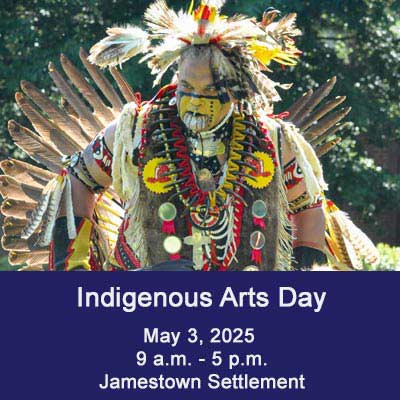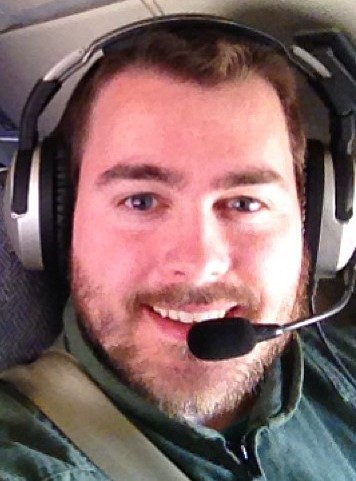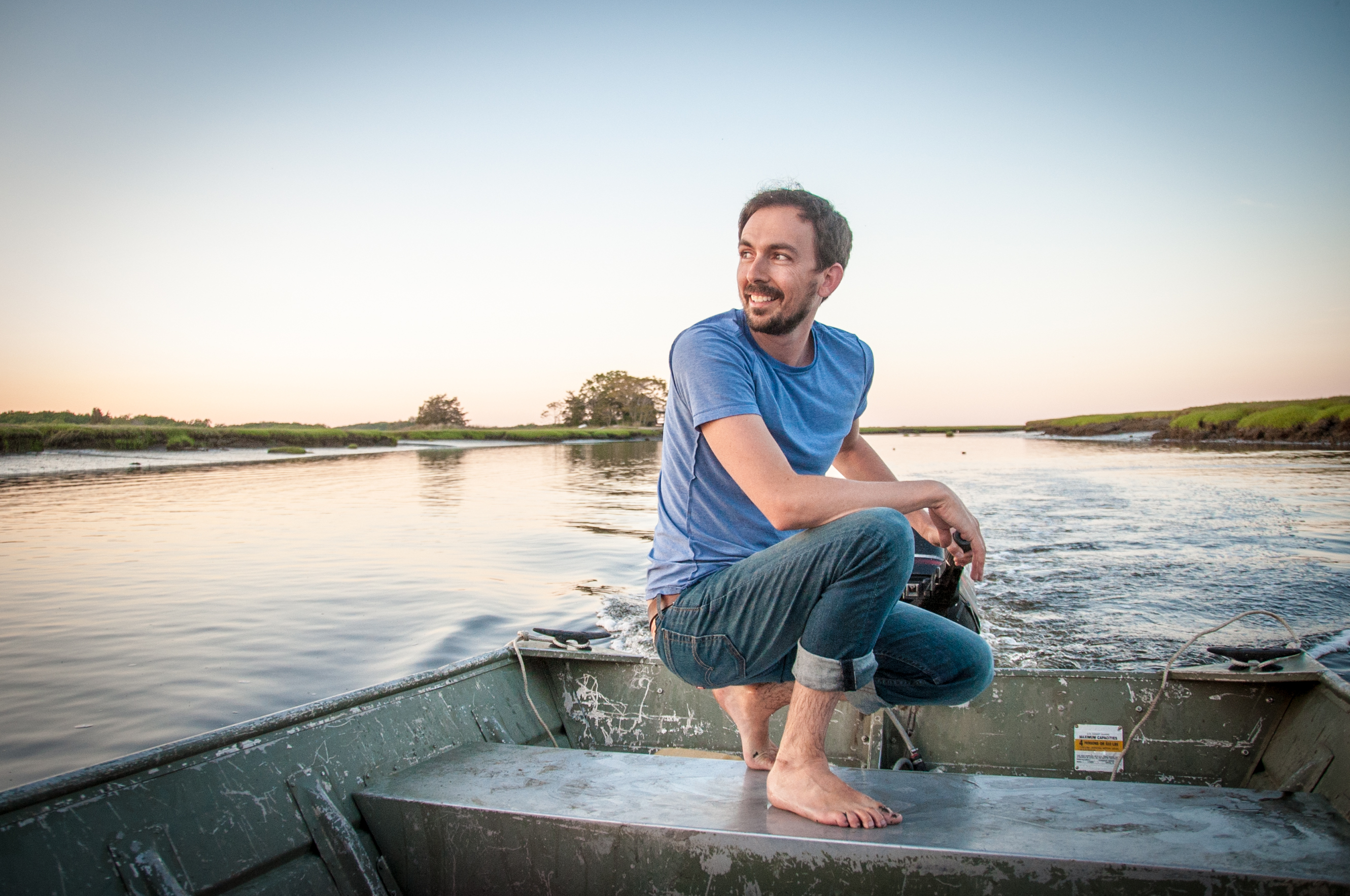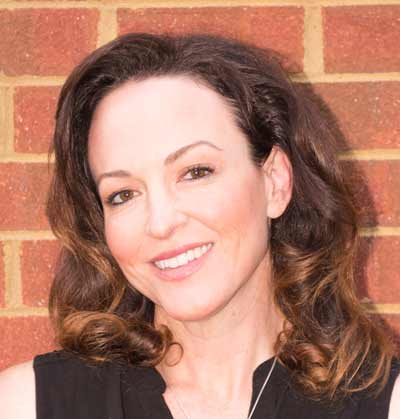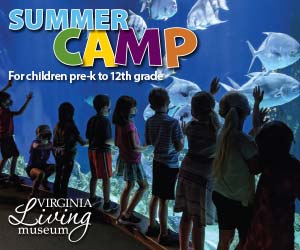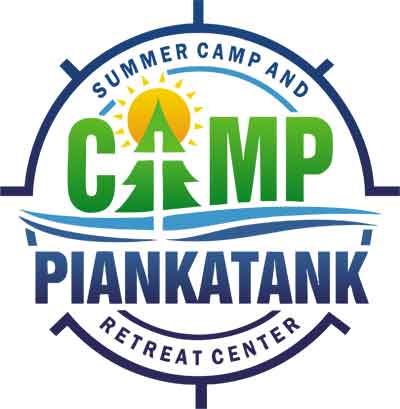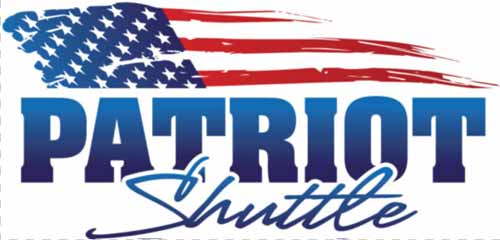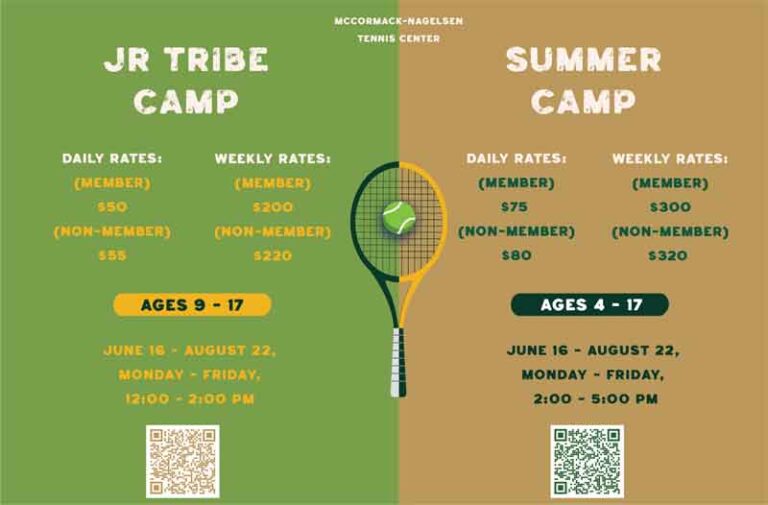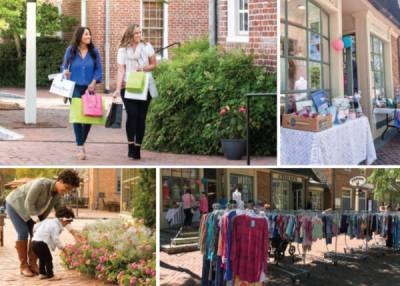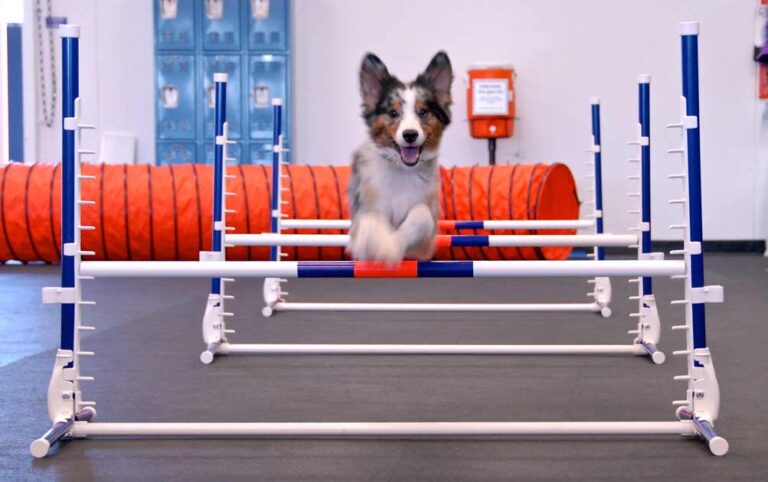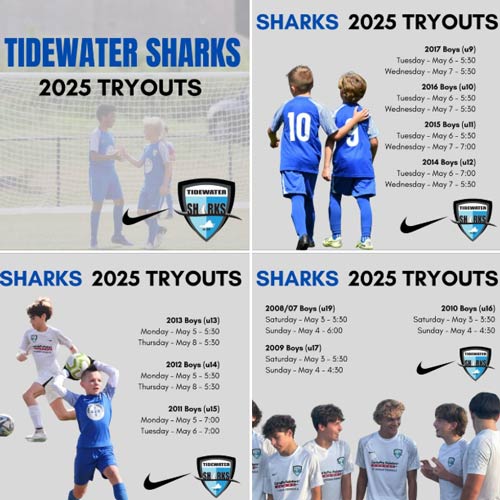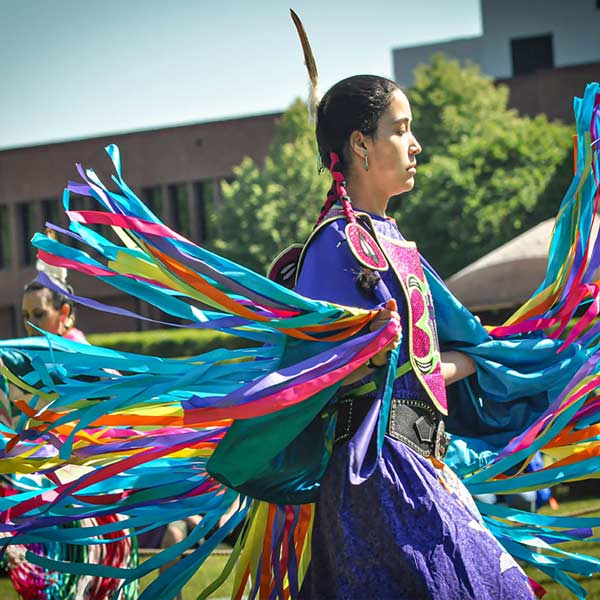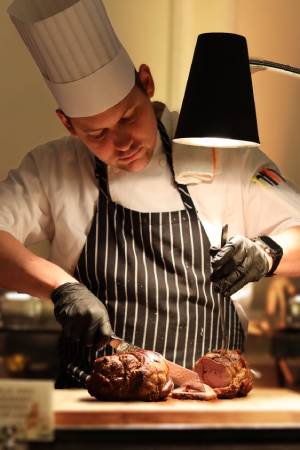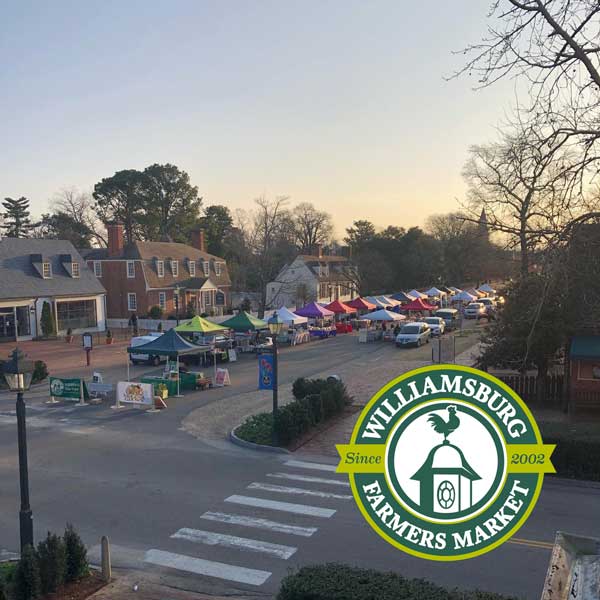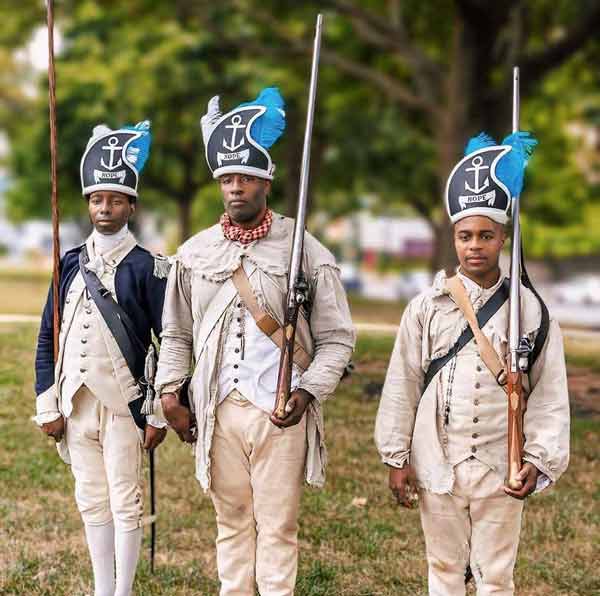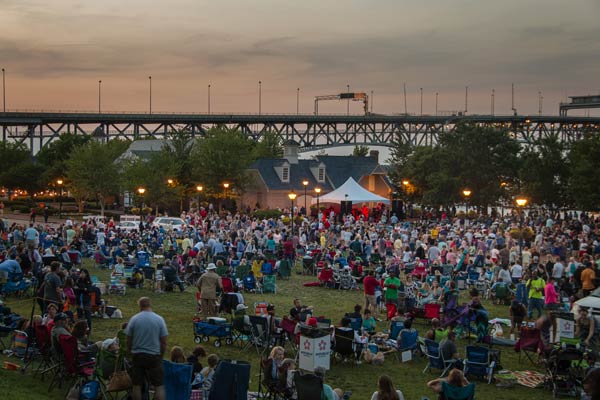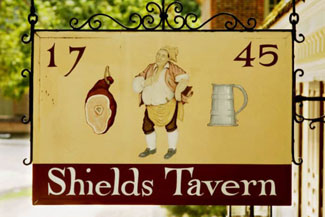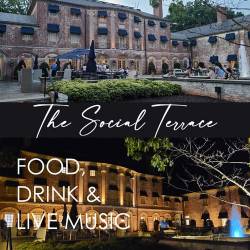Guest Speaker: Dr. Hua Liu Zoonotic Diseases in a Changing World (Including Coronavirus and West Nile Virus) – at Naturally Speaking Series at the Virginia Living Museum

Zoonotic Diseases in a Changing World (Including Coronavirus and West Nile Virus) with Guest Speaker: Dr. Hua Liu at the Virginia Living
Museum’s Naturally Speaking Series
March 5, 2020
Doors open at 6 pm
Program begins at 6:30 pm
Zoonotic diseases spreading between animals and humans is a public health concern. Dr. Hua Liu will introduce the development of Zoonotic diseases on a global scale and address the potential influence of climate change on the spread of diseases. Some zoonotic diseases like zoonotic influenza, emerging coronavirus, and West Nile virus will be discussed as well.
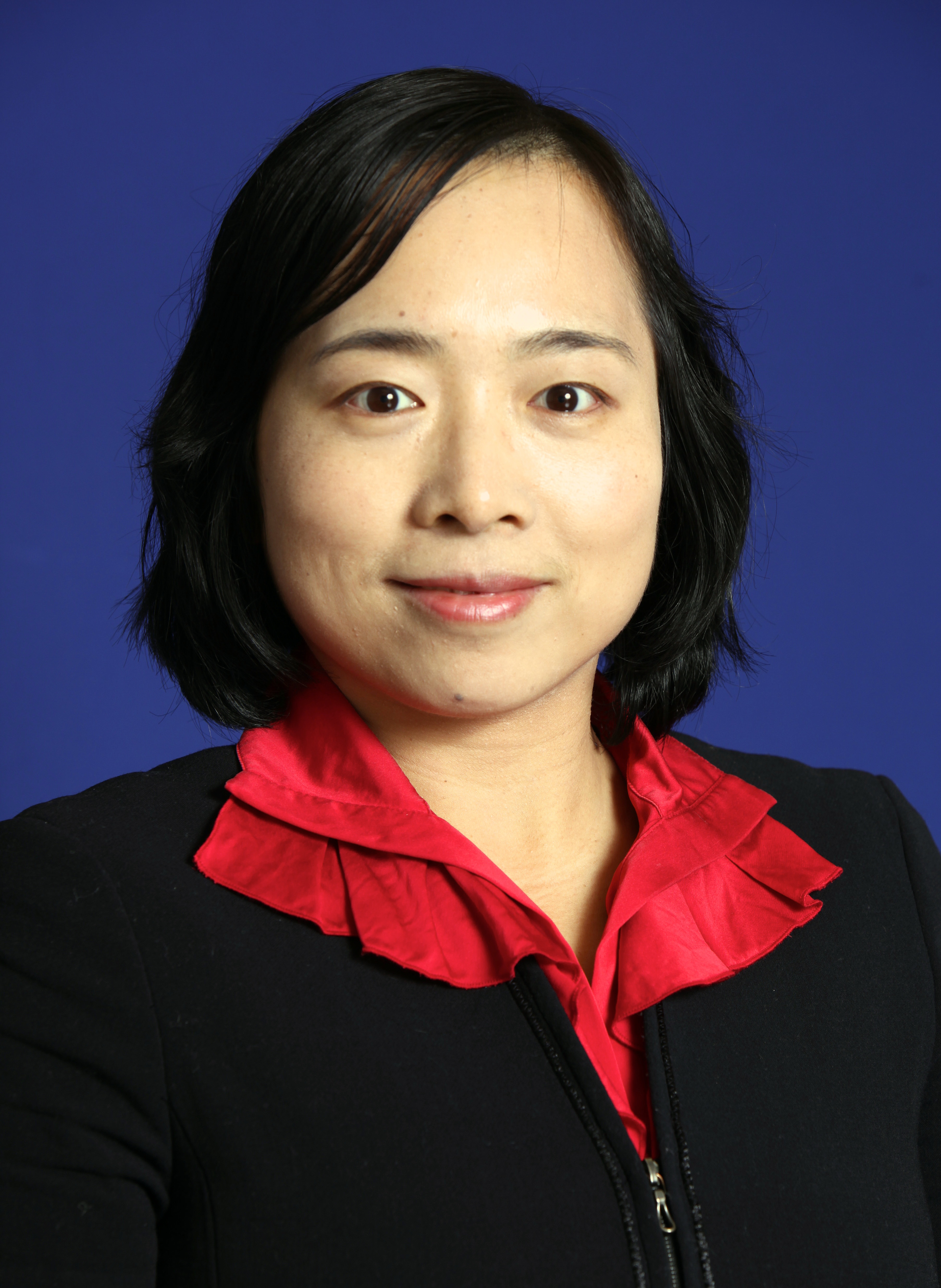
During this discussion, Dr. Liu, Associate Professor of Geography at Old Dominion University will detail how climate change and human-environment interactions have put significant impacts on our ecosystem.
Hua Liu is a tenured Associate Professor of Geography at Old Dominion University located in Norfolk, Virginia. Dr. Liu’s primary research focuses on remote sensing and Geographic Information Systems (GIS) analysis of environmental and ecological systems, urban sustainability and climate change.
Dr. Liu received a Ph.D. in geography from Indiana State University in 2007. In 2003, she earned a Master’s degree in cartography and GIS from Wuhan University, People’s Republic of China (P.R. China) and her Bachelor’s degree in computer assisted cartography from Wuhan Technical University of Surveying and Mapping in 2000.
Bring a guest!
Doors open at 6:00 pm. Presentation begins at 6:30 pm. wine/beer and hors d’oeuvres available.RSVP here or email RSVP@thevlm.org
The Virginia Living Museum’s Naturally Speaking Lecture Series returns for 2020. Join us for light hors-d’oeuvre with a cash beer/wine bar starting at 6 pm followed by our speaker at 6:30 pm. The talk will run for 20 minutes allowing time for questions and a 7 pm wrap-up.
Adult only event for donors, members, and non-members. Program is free but they ask you to RSVP so they know to expect you and can prepare appropriately.

By Sea, Air, and Space: Scientists from NASA Langley Explore the World’s Largest Phytoplankton Bloom and Its Future in a Changing Climate
Date: March 19, 2020
Speaker: Richard Moore
Join Dr. Richard Moore, a 2019 Presidential Early Career Award winner from NASA’s Langley Research Center, as he highlights the exciting results now coming from this important project.
The North Atlantic phytoplankton bloom is one of the most conspicuous events observable from NASA’s fleet of Earth observing satellites. This annual event has far-reaching implications for ocean ecosystems, food webs, atmospheric exchange, and climate. Yet, the processes underpinning the bloom remain highly uncertain, even today. Enter the North Atlantic Aerosols and Marine Ecosystems Study, or NAAMES — a five year, NASA study to resolve fundamental characteristics of the bloom and its downstream impacts on atmospheric sea spray particles, clouds, and climate. Join Dr. Richard Moore from NASA’s Langley Research Center, here in Hampton Roads, as he highlights the exciting scientific results now coming from this important project.
Dr. Richard Moore is a research scientist at NASA’s Langley Research Center in Hampton Roads, Virginia. His research focuses on the interaction between atmospheric aerosol particles and cloud formation, which contributes the largest uncertainty in our ability to understand and model Earth’s climate. To explore this important research area, Dr. Moore uses a variety of tools including in situ measurements from instrumented aircraft as well as satellite, airborne, and ground-based remote sensing observations. Dr. Moore is the recipient of multiple awards including a NASA Early Career Achievement Medal and a Presidential Early Career Award for Scientists and Engineers (PECASE). He is a husband and father of two.
RSVP here or email RSVP@thevlm.org
Boundary issues: living near an ocean that constantly invades your personal space
Date: April 16, 2020
Speaker: David Samuel Johnson
Saltmarshes are a place of in-betweens. Sometimes they’re land, sometimes ocean. If you’re a snail with air-hungry lungs, how do survive an ocean smothers you twice a day? What do ghost forests tell us about a salt marsh trying survive as seas continue to rise? What lessons can we learn from salt marshes as we deal with an ocean that floods our roads, homes, and cities? Dr. David Samuel Johnson will answer these questions and more as he discusses how plants and animals (including humans) can adapt to living near an ocean that doesn’t understand boundaries.
Dr. David Samuel Johnson is a marine ecologist at the Virginia Institute of Marine Science and has studied salt marshes for almost 20 years. He grew up in Arkansas running around the Ozark Mountains bare-footed chasing crawdads, creek chubs, and worms in the Ozarks before attending the University of Central Arkansas for his Bachelor’s degree. He did his Ph.D. at Louisiana State University where he started chasing crabs, mummichogs, and worms in salt marshes (with shoes on…mostly). He is an award-winning essayist and nature writer who enjoys wrestling on the floor with his two young boys.RSVP




